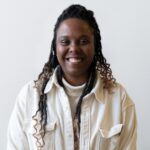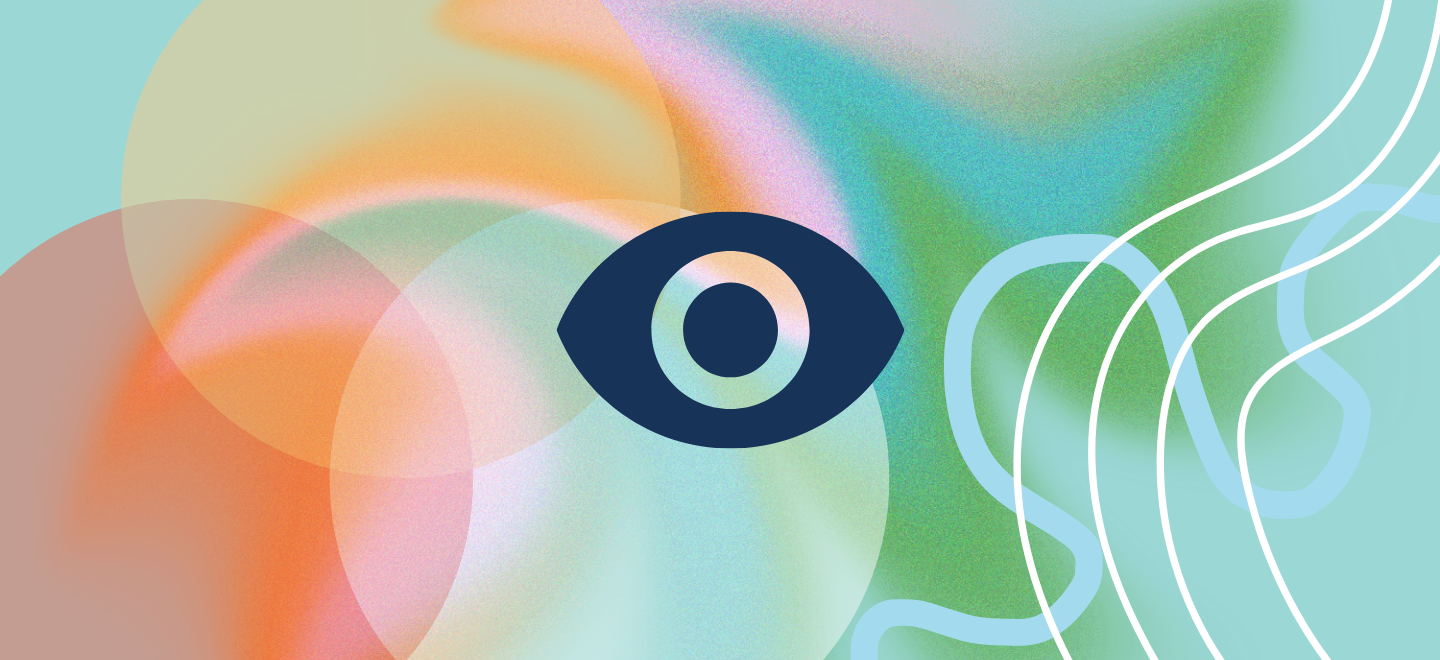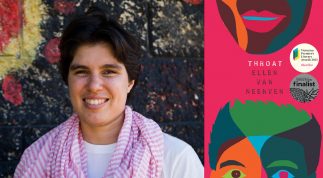Content warning: violence, sexual assault
I’ve always been a feminist. I just didn’t always know what I was feeling and thinking, but the signs were always there.
I was 13 when I first noticed that I was treated differently to my white classmates. I was called “aggressive and rude” while my classmates were called “vivacious” and “outspoken”.
I learnt to control my assertiveness. I learnt to make myself as small as possible and never draw attention to myself. I was experiencing what academics call “adultification,” a process in which teachers, law enforcement officials, and even parents, view Black girls as less innocent and more adult-like than their white peers. The world ages Black girls up quickly, which leaves them unable to access the privileges of childhood.
I was 14 when I came out to my mother and told her I was gay. I cried in her arms and she told me she loved me and she didn’t care but to keep it a secret until I finished high school “because people wouldn’t understand”. She was protecting me, but I internalised shame. If it wasn’t a big deal like she said it was, then why did I need to keep it a secret?
I was 15 when I first sexually assaulted by a boy 10 years my senior. I buried it inside and said it was my fault. I slut shamed myself and convinced myself if I had dressed modestly, it wouldn’t have happened.
I was 16 when I developed depression. I struggled with my sexuality and struggled being the only Black person in a predominantly white school of 1,000 students. I felt alone and isolated myself for 4 years.
I was 20 when I was drunk and I feel asleep in a taxi and I was sexually assaulted by a taxi driver. I told my best friend at the time who immediately asked, “Why were you so drunk that you fell asleep? This question didn’t sit right with me but at the time I couldn’t articulate exactly why.
I was 22 when I moved to Sydney and lived in my first share house full of queer, anti capitalist, dumpster diving neo-hippies. The household would spend hours each week holding house meetings, taking part in marches and attending and hosting activist meetings and feminist consciousness-raising groups. Politics took precedence over everything.
I was 23 when I first discovered Audre Lorde, and for the first time, I felt truly and authentically seen. Audre Lorde spoke to me in a way that mainstream feminism didn’t. At the time, I would constantly see articles about the gender pay gap, titles reading “For every $10 a man earns a woman makes about $7.72”. But those articles never acknowledged that Black women, Indigenous women, women of colour and migrant women earn even less than that.
“Intersectionality” became my new favourite word. Finally, I found a word that explains what I had been feeling my entire life, a word that explores how sexism and racism interact to shape my experiences in education, criminal justice, and within my personal relationships. Coined in 1989 by professor Kimberlé Crenshaw, intersectionality describes how race, class, gender, and other individual characteristics “intersect” with one another and overlap.
I joined a intersectional feminist Facebook group and went to a few in-person meetings and for the first time, I finally found a space where I can be Black and queer, and people “just got it”. I dream of never being called ‘resilient’ ever again, I dream of living a life where I can be soft, gentle. I dream of a world where Black women can have a break, where we’re not clapped on how many hits we take. Where we benefit from feminism in the way our white counterparts do. Every single day I benefit from intersectional feminism and the hard and foundational framework Black feminsts have laid down. I owe my life to intersectional feminism. I feel like I can finally live a life where I feel understood, heard and authentically seen.
Lastly, being queer has shaped my feminist understanding. It’s been the best choice I didn’t make. There’s a quote by Ocean Vuong Felt that goes “Being queer saved my life. Often we see queerness as deprivation. But when I look at my life, I saw that queerness demanded an alternative innovation from me. I had to make alternative routes, it made me curious, it made me ask this is not enough for me.”
Looking back, I understand now that I was a feminist even before I knew the word. In some ways, I’m jealous of gen Z. They get introduced to conversations like these at such an early age. They get a chance to find similar opinions, mentors, and engage in healthy discourse, like what we publish on Rosie. But, it also gives me hope. It makes me feel that the work we are putting in now will ensure that there’s a better world for the future generations.
If this topic raises any issues for you, please contact:
- 1800 RESPECT 1800 737 732
- Lifeline 13 11 14
- For more information, visit our list of support services.
 Sala is the Communications Officer at Victorian Womens Trust and studied a Bachelor of Communication in Journalism and International Relations. She was born in Melbourne but has spent the last 12 years traveling. She did a 18 month stint in America, and lived in Sydney and Canberra for several years. This year she finally moved back her hometown to spend more time with her family and to welcome her newborn nephew.
Sala is the Communications Officer at Victorian Womens Trust and studied a Bachelor of Communication in Journalism and International Relations. She was born in Melbourne but has spent the last 12 years traveling. She did a 18 month stint in America, and lived in Sydney and Canberra for several years. This year she finally moved back her hometown to spend more time with her family and to welcome her newborn nephew.
Join Trustworthy, your weekly feminist news round up.
The biggest gender equality stories of the week delivered straight to your inbox. Sends every Friday.

